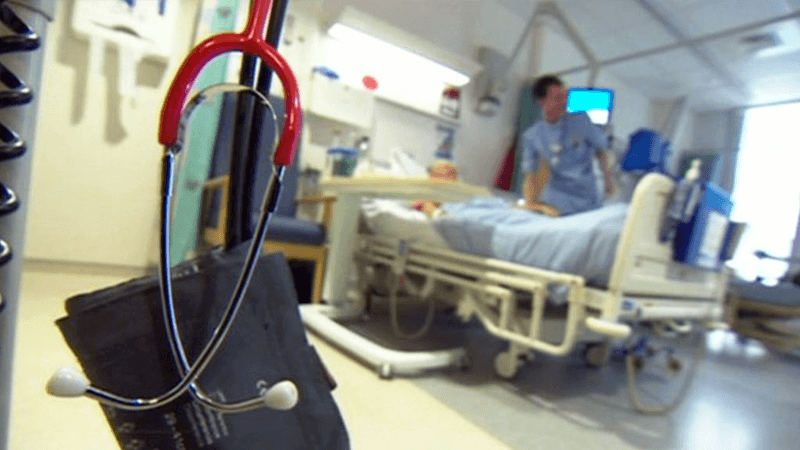Experts have warned that Kim Leadbeater MP’s assisted suicide Bill is open to abuse without cases having to be scrutinised at an inquest.
Senior solicitor Tom McNeill challenged proponents’ arguments for the Bill that inquests are not needed. He echoed the former chief coroner, Thomas Teague KC, that the lack of inquests would lead to “real risks of abuse”.
Under the proposals, which are to be considered by Peers in the coming months, patients deemed to be terminally ill and with less than six months to live would be allowed to receive help to kill themselves.
Meaningful investigation
Defending the lack of requirement for a coroner’s inquiry in her Bill, the Spen Valley MP said: “Anyone can report a death — including an assisted death — to the coroner, or indeed to the police, if they have any concerns that it was not carried out in accordance with the act, and if any offences have been committed, they will be investigated.”
Writing in The Times, McNeill, a partner at BCL Solicitors, countered: “But that assertion unintentionally gets to the heart of the problem: without a meaningful investigation, there is no way to determine whether offences have been committed”.
He noted: “Declarations by independent doctors and panel review before death, or by a medical examiner afterwards, are not comparable to a publicly conducted judicial investigation.”
He added: “Concerns also arise when the failings originate with the medical professionals concerned in the assisted dying process. There are real risks of abuse, as evidenced by the widely reported misuse of ‘do not resuscitate orders’”.
Powerful deterrent
Also writing in The Times, Teague, who spent four years as the chief coroner of England and Wales before retiring last year, pointed out that “Article 2 of the convention, which prohibits the intentional taking of life, requires the state to carry out an effective investigation into all deaths where there is an arguable breach of the state’s article 2 obligations.
“In England and Wales, this investigation usually takes the form of an inquest.”
He argued that the coroner’s duty to investigate all unnatural deaths “provides a powerful deterrent against wrongdoing”.
The KC cautioned: “By removing any realistic prospect of an effective inquest, such a dispensation would magnify, rather than diminish, the obvious risks of deception and undue influence”.
Pathologists
Ahead of the vote on Leabeater’s Bill in the House of Commons, Senior Advisor on Medical Examiners Dr Suzy Lishman announced that despite holding no position on assisted suicide, the Royal College of Pathologists cannot support “the current version of the Bill”.
Dr Lishman said that under clause 35, which dispenses with the need for a coroner to be notified of an assisted suicide, medical examiners would be obliged to scrutinise all such deaths.
She explained: “As part of their scrutiny, medical examiners would need to review the process leading up to the decision to authorise an assisted death and the circumstances of the assisted death, which they are not qualified to do.”

Peers vow to fight on against ‘breathtakingly cruel’ assisted suicide Bill
Hospices that refuse ‘to kill patients’ fear Govt defunding
Cancer patient criticises lack of mental health support for terminal illness

